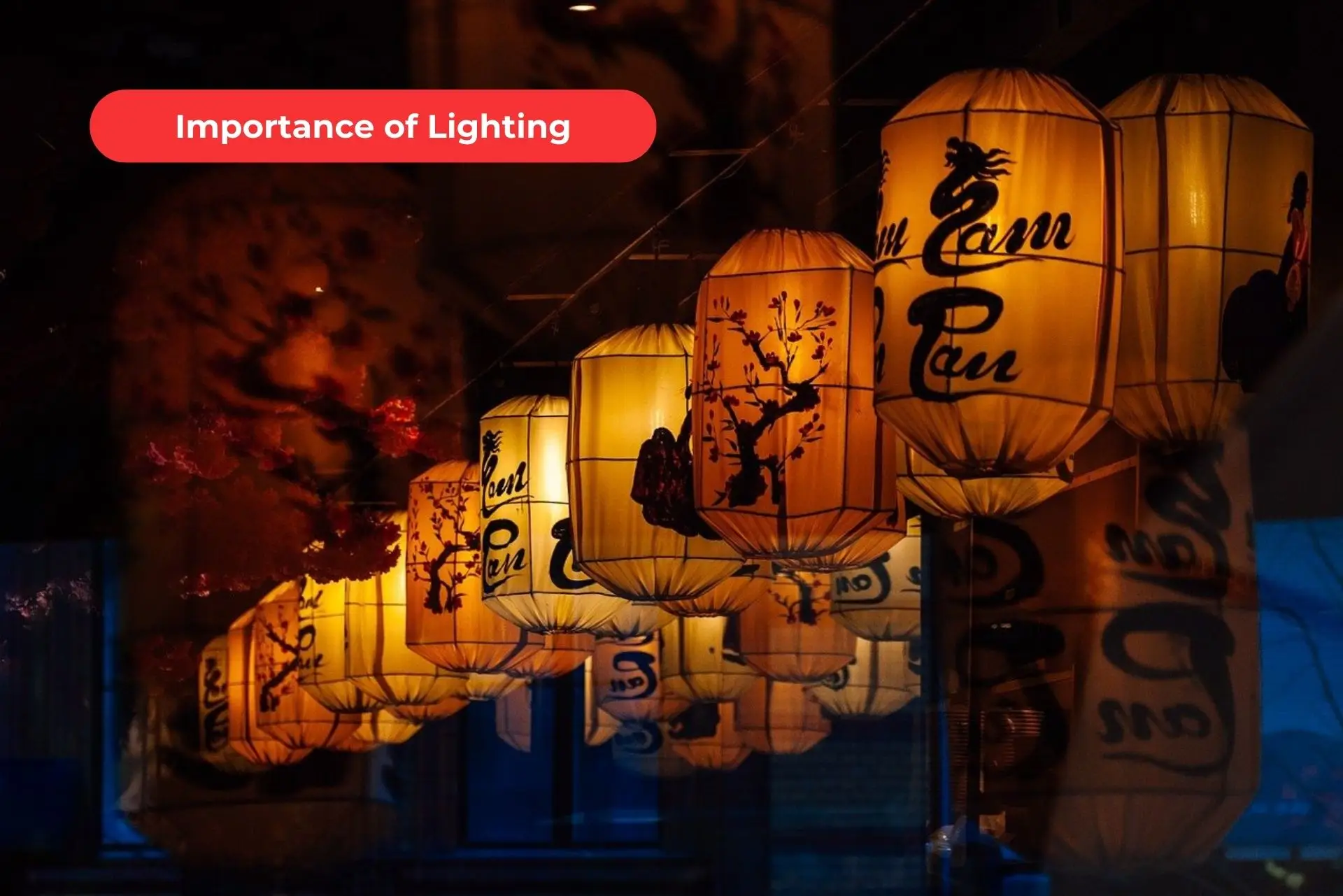Lighting plays a pivotal role in interior design, significantly influencing both the aesthetic appeal and functionality of a space. It goes beyond mere illumination; it shapes the mood, sets the ambiance, and can even affect our emotions and behaviors within an environment. Understanding the importance of lighting is essential for creating interiors that are not only beautiful but also serve their intended purpose effectively.
Firstly, lighting serves as a tool for enhancing architectural features and design elements. Different types of lighting—ambient, task, and accent—allow designers to highlight textures, colors, and structural details. For example, spotlighting artwork or architectural details can draw attention and create focal points, whereas ambient lighting provides the overall brightness that ensures a space feels welcoming and comfortable.
Moreover, the psychological effects of lighting cannot be overlooked. Natural light, in particular, has been associated with improved mood and well-being. Incorporating large windows and light-colored spaces can promote feelings of openness and tranquility. In contrast, overly stark or poorly placed lighting can lead to discomfort and fatigue. Therefore, selecting the right lighting fixtures and their placement can enhance the overall experience of a space, promoting a sense of well-being.
Additionally, function is key when considering lighting in interior design. Task lighting is crucial in areas such as kitchens, workspaces, and reading nooks, where specific activities require focused illumination. Implementing the right kind of light ensures that users can perform their tasks comfortably and efficiently, thereby enhancing productivity. Conversely, in spaces meant for relaxation, such as living rooms or bedrooms, softer, warmer lighting can create an inviting atmosphere conducive to unwinding.
Furthermore, lighting can contribute significantly to energy efficiency. With advancements in technology, LED options provide sustainable choices that reduce energy consumption without sacrificing quality. Smart lighting solutions allow homeowners and designers to control the lighting environment based on activities or time of day, further enhancing energy savings and comfort.


